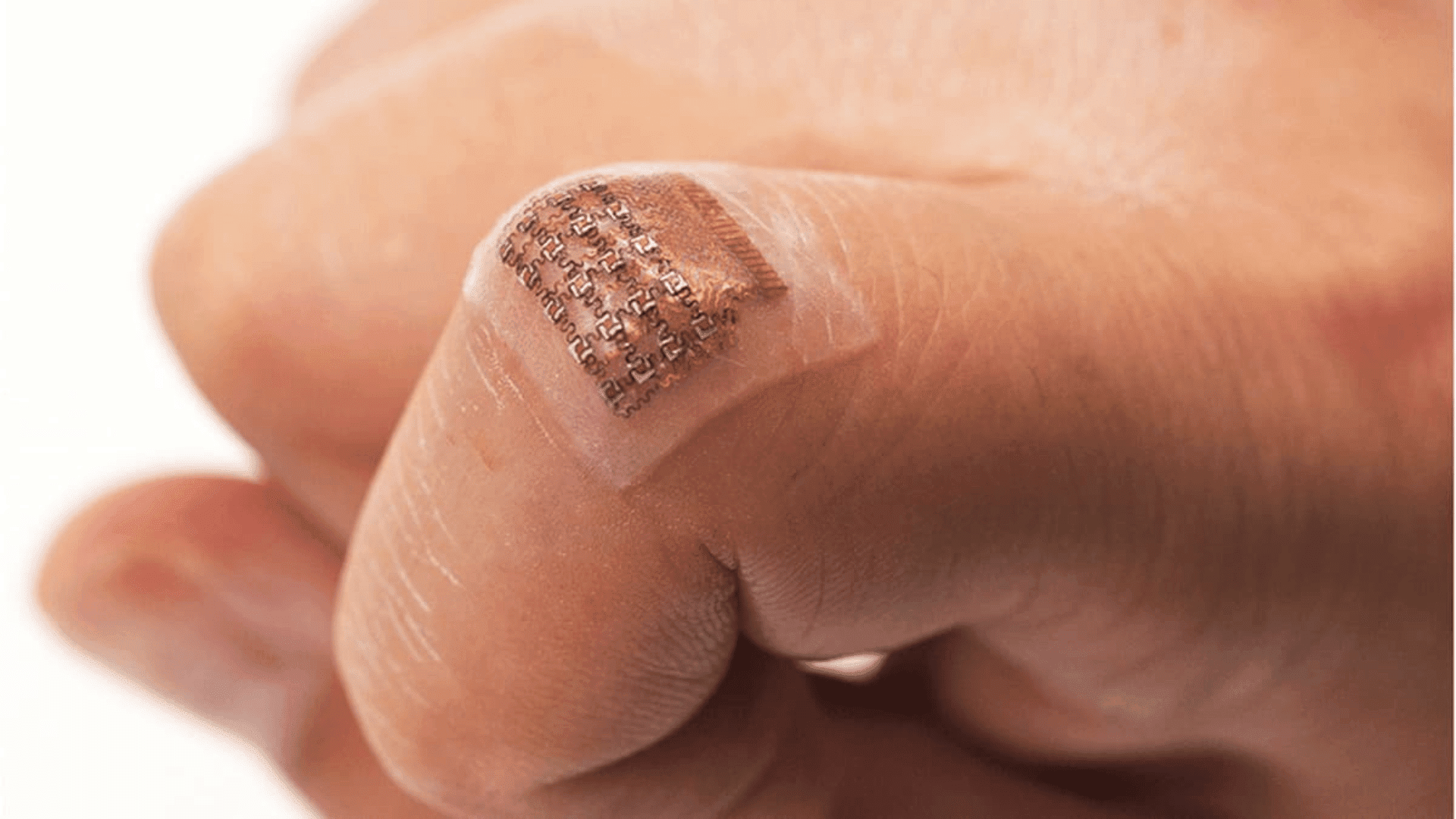A research team has developed a soft, skin-mounted electronic patch capable of tracking blood pressure in real time.
Regular monitoring is recommended for combating high blood pressure, but conventional cuff monitors are bulky, provide one-time readings, and could produce inaccurate results if worn incorrectly or during times of stress.
The new wearable patch was designed by a research team from Seoul National University (SNU), led by Professor Seung Hwan Ko of the Wearable Soft Electronics Lab in the Department of Mechanical Engineering. The device attaches to the skin like a bandage, measuring blood pressure using a different method than traditional cuffs.
Taking the Pressure Off Blood Pressure Monitoring


Advertisement
The gadget records the delay between electrical signals at the heart and the mechanical pulse. The first reaches the wrist almost immediately, while the latter appears shortly after as blood is pushed through the arteries. This delay shortens as blood pressure rises and lengthens as it falls.
To create a sensor capable of detecting these subtle skin movements, the team used liquid metal because it stays fluid at room temperature, has skin-like elasticity, and conducts electricity. Though its high surface tension made it difficult to shape into circuits, researchers used “laser sintering” to fuse liquid metal particles together with a laser beam.
According to Interesting Engineering, the final product can stretch up to seven times its original length and endure more than 10,000 stretching cycles without losing performance. The patch reportedly performed better than a standard cuff when tracking changes in blood pressure before and after exercise.
Ko believes the patch will be particularly useful for patients with hypertension and athletes, allowing them to continuously monitor their condition and the impact of their training. Co–first authors Jung Jae Park and Sangwoo Hong are also working on integrating the patch with new materials, wireless communication, and AI-driven analysis.
The project’s goal is to make smart healthcare technology more widely accessible, allowing patients to monitor and manage their health every day rather than waiting for doctor visits. The study is published in the journal Advanced Materials.



